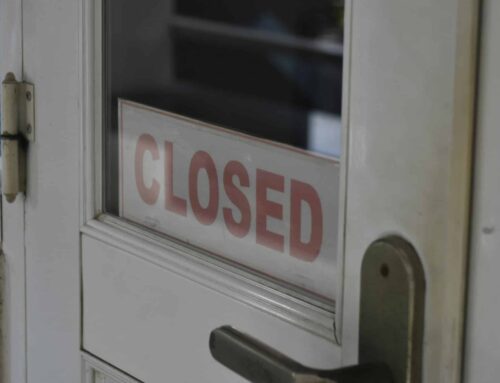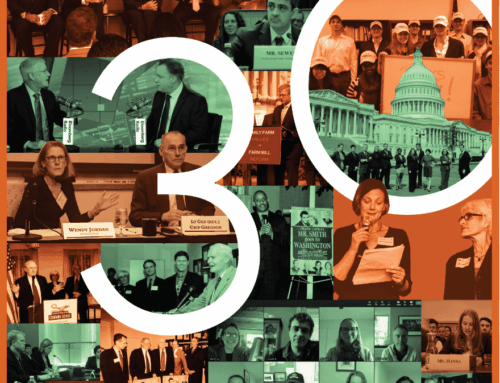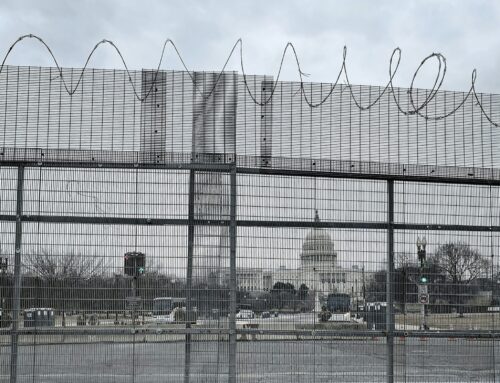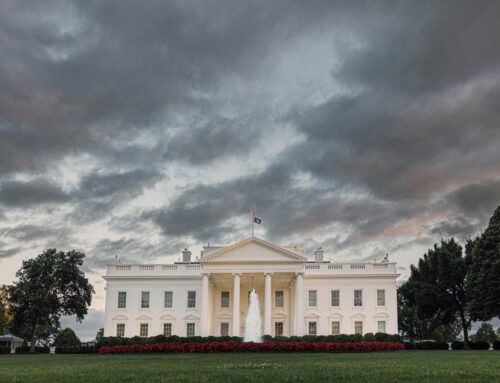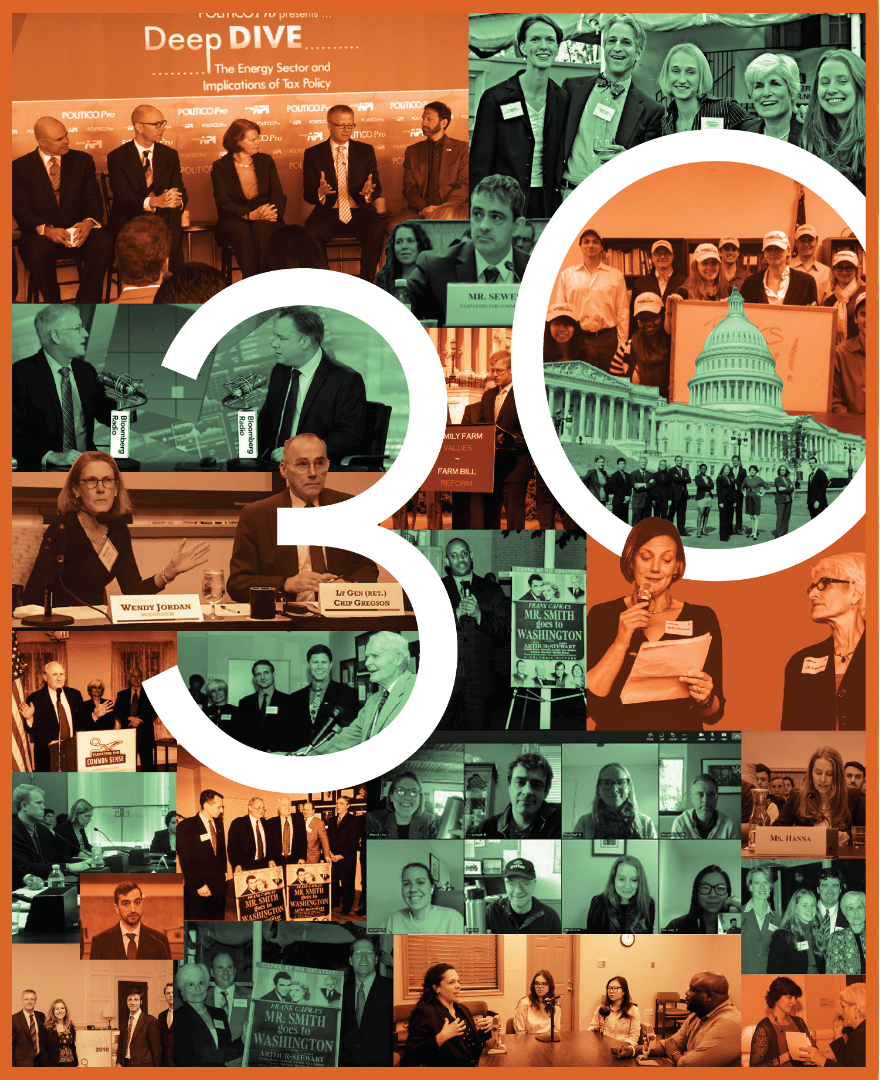Congressional wrangling over the President’s recent $4.3 billion supplemental emergency spending request should pique taxpayers' interest. Not simply because it’s a debate about how to respond to an increase in immigration at our border and wildfires out West. But also because it brings to the forefront the issue of how Washington should plan for and address “emergencies” that we face.
Every year there are unforeseen events to which many in Congress want to respond. Whether it’s major natural disasters like Hurricane Katrina or Superstorm Sandy, pressing national security concerns like 9-11, or more localized but still devastating events like drought, tornadoes, or flooding, it’s almost inevitable that events will occur where many deem a federal response appropriate. While there is Disaster Relief Fund (DRF) that is set up for the Federal Emergency Management Agency to use, all too often these “emergencies” result in additional spending bills outside the normal appropriations process.
One characteristic of these supplementals is that because they are deemed “emergency” they are not subject to normal budget rules and so are seldom paid for with corresponding cuts or increases in revenue. Since 2000, supplemental emergency spending has totaled more than $1.13 trillion dollars, while lawmakers have included less than $50 billion in corresponding spending cuts or revenue increases as offsets. These costs for spending ranging from military operations in Afghanistan and Iraq to Super Storm Sandy relief, all went straight to our national debt.
As a former White House economic advisor, Keith Hennessy, has noted, the Office of Management and Budget developed a definition of emergency in 1991 that has been kicked around for years and included in several budget resolutions. It’s a multi-part test where all of the elements would have to be met to pass muster. To truly be considered an emergency, something must be:
1. necessary;
2. sudden;
3. urgent;
4. unforeseen; and
5. not permanent.
Note that necessary means critical and essential rather than nice to have. And sudden means it isn’t a solution to a long-existing problem. Finally, urgent means it must happen now. Unforeseen and not permanent are kind of obvious.
As budgets continue to remain tight taxpayers need to be leery of lawmakers attempting to evade budgetary rules by gaming the “emergency” designation for spending. Now we have another round of supplemental requests and it’s not just the border bill. Democrats have floated passing emergency spending to deal with veterans’ health care. Fixing the VA health care crisis is important, but after 13 years of conflict in Afghanistan and a decade in Iraq, nobody can say we didn’t see this issue coming. There’s also discussion about designating as an “emergency” another extension of unemployment insurance for the long-term unemployed.
Too often what it comes down to is Congress and the President don’t want to make tough choices. Planning for disaster requires discipline. Setting money aside for a rainy day means you can’t spend it on something else, whether that’s padding the budget of an agency you like or cutting taxes. And if there isn’t a major disaster lawmakers will be tempted to lower the threshold for what constitutes a disaster and thus use the cash.
Most importantly “emergency” supplemental spending bills can prevent honest budgeting by masking the real costs of our government and the financial situation we face.
Funding predictable, non-emergency needs through supplemental bills or refusing to offset legitimate emergency spending is something taxpayers cannot afford.

